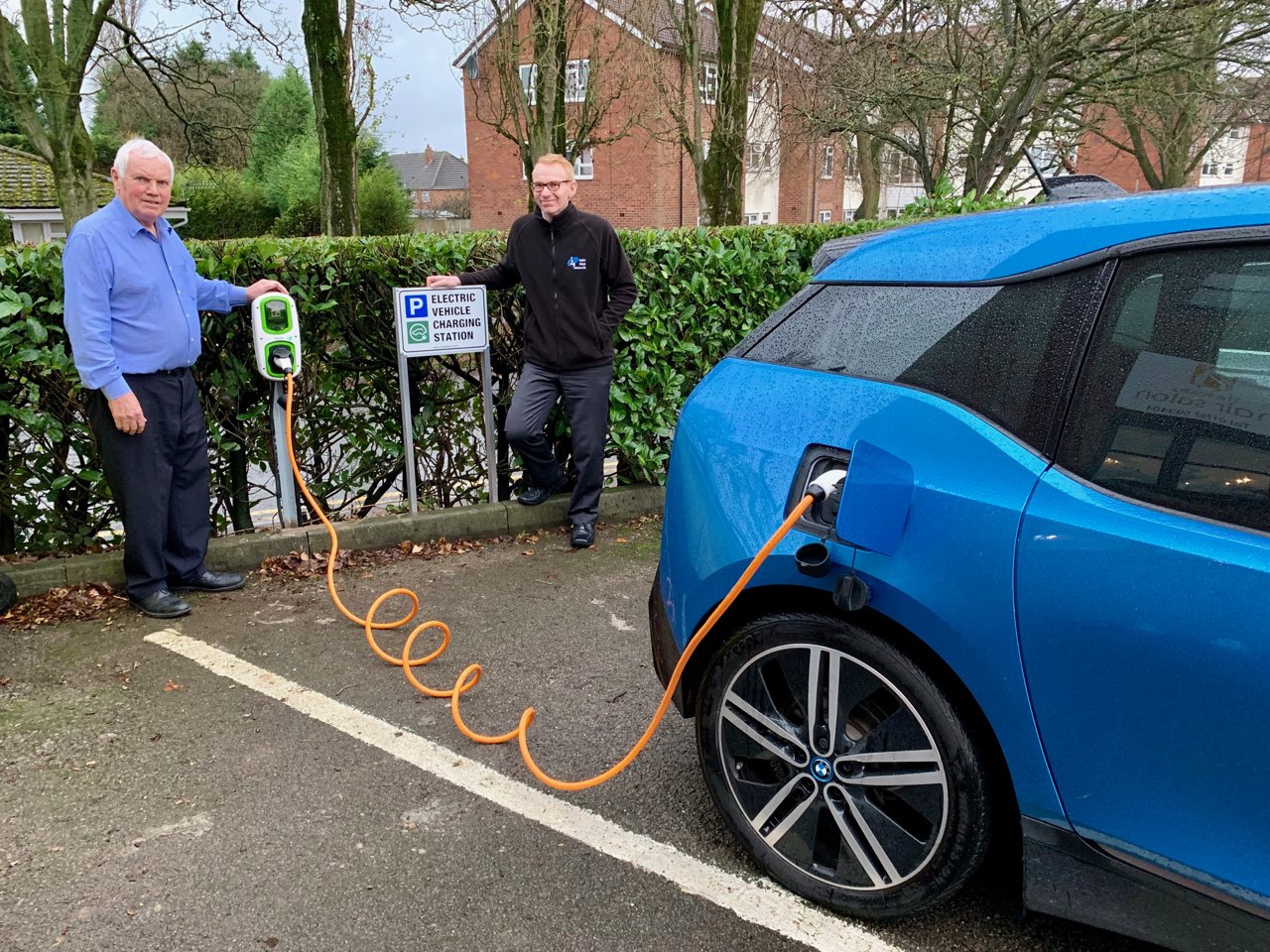
Powerful argument to show our dependency on Europe
With elections this week and Brexit talks still continuing for Britain to leave the EU there is one area where our links with Europe are growing ever stronger.
The UK is now importing a record 10.6% amount of cheap electricity from the continent, which is brought to our country by under-sea cables.
Our capacity for energy from mainland Europe has increased by a third after a new supply began operating this year from Zeebrugge in Belgium to Richborough in Kent.
It is named the Nemo link after Captain Nemo from Jules Verne’s story Twenty Thousand Leagues Under the Sea and can transmit one gigawatt (GW) of electricity in either direction.
To show its importance a report by Imperial College, London, said it had been used every day taking advantage of the price differential between electricity markets on either side of the Channel.
Already there is a French connection built in 1986 and another one with the Netherlands which started in 2011.
Now the UK government and Ofgem, the energy regulator, have backed schemes by the National Grid and others to build a second link to France and another one to Norway, which are both under construction, plus there are plans in the pipeline for one to Denmark.
“It seems strange that politically we are trying to cut our ties with Europe, but in other areas we are becoming more dependent on our neighbours than ever,” said Midlands green energy expert Ron Fox.
“The advantages are that the electricity is cheaper so reducing householders’ bills and secondly these connections are becoming increasingly important as the UK shifts to intermittent renewable green power sources such as wind and solar.
“The underwater cables can be used to export surplus electricity when supplies are plentiful and import when they are scarce.”
There are also two sub-sea power links from Scotland and Wales to Ireland.
At present wind provides 22.8% per cent of Britain’s power, solar 3.3%, hydro power 1.5% and biomass 5.3%.
These are small compared to the 37.6% from gas and 16.9% from nuclear power, which easily provide the biggest share of the UK electricity needs, while coal is 2% and imports 10.6%. Of that final figure we buy 5.5% of our electricity from France, 2.6% from the Netherlands and Belgium 2.5%.
“These are very interesting statistics,” said Ron, of Noreus Ltd on the University of Keele Science Innovation Park.
“In the short term these links vital with Europe are vital, but our Government needs to invest more in solar and wind supplies sooner rather than later. We must cut our still high dependency on gas and fossil fuels for both industry and homes to reduce the problem of climate change,” he added.
To find out more about the advantages of moving to green energy contact Ron on 01782 756995 or 078171 26945 or go to www.noreus.co.uk.




